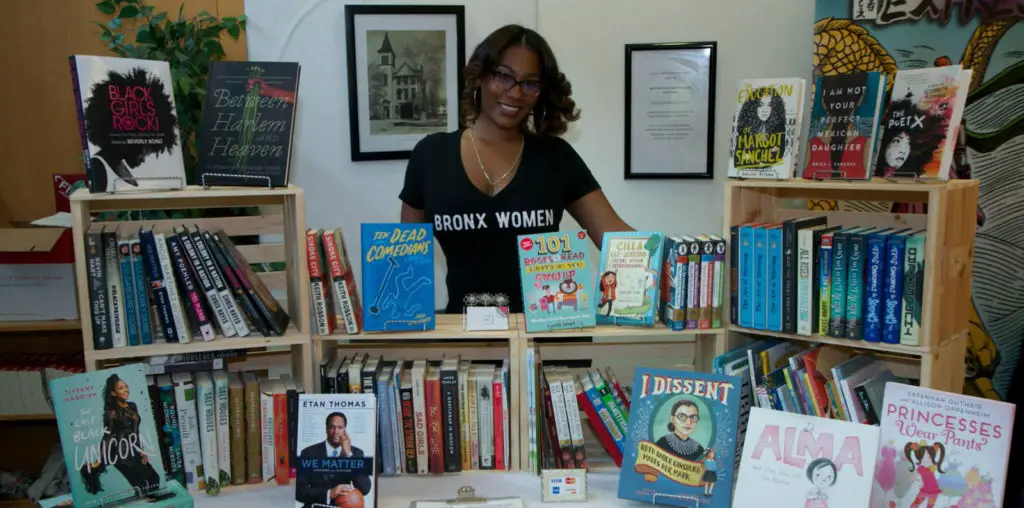
Bob St. John (Michæl Patrick Gaffney) is a professor of physics (“like the guy in the wheelchair” – a running joke). When he’s not creeping out his students who find him a little strange even for a science teacher, Bob is working hard on uncovering a new cosmology — a set of principles that will challenge the world’s assumptions about the way the universe works. Unfortunately, solid mathematical proof of his theories is elusive and Bob requests a leave of absence to continue his work in solitude. After renting a room in a small seaside town, Bob encounters many of the town’s eccentric characters. Their stories, and troubled lives make Bob begin to look inward as he struggles to understand himself and the world around him.
At heart, Clouds is your basic philosophical examination of the nature of humanity. Try not to yawn. Fortunately, the well drawn locals that populate Bob’s ocean getaway are entertaining and cleverly ambiguous. Strong performances and moody cinematography make this film worth staying awake for, despite many pensive, hypnotically paced sequences. In one of the best such scenes, Bob walks at night through a dim alleyway alongside homes and open lots. He witnesses several tableaus of humanity; a boy playing ball, a subdued pack of young men and women partying outdoors, a woman who kisses her lover and then asks if he’s gay; all powerfully framed in shadows. Moments like these, almost religious visions to someone as self-centered as Bob, are skillfully impressed upon the character by Gaffney and director Thompson. There are plenty of laughably wacky diatribes by terrific actors like Richard Barrows and Patricia Ann Rubens who play a self styled “a*****e” and Bob’s born-again Christian landlady respectively, but many of the more important moments are played out without words, like when Bob breaks down in a dream sequence and we begin to understand that much of Bob’s pain somehow relates to a forgotten past.
Though Clouds is not a perfect film, the actors make most of the more stilted dialog work, and even the slowest paced moments feature nicely composed visuals from DP Gary Lindsay. By the time we come to the final message “go and love some more” (effectively appropriated from Harold and Maude) it’s apparent that the film is just a good, solid effort with an intriguing plot, and an impressive directorial debut for Thompson.

